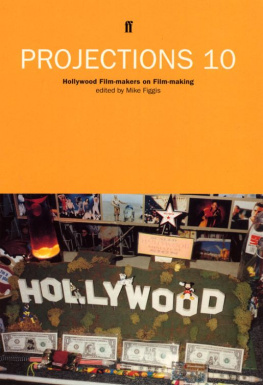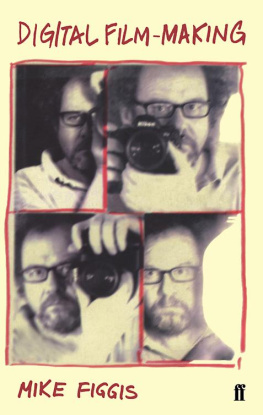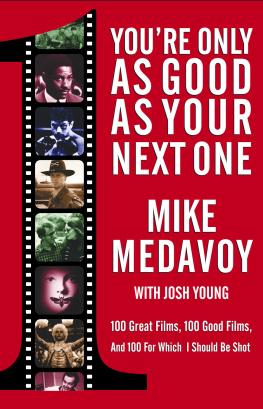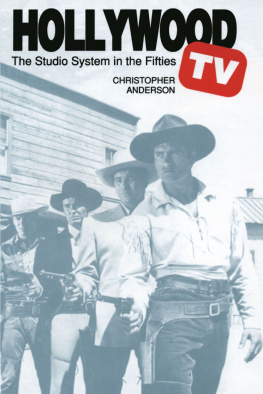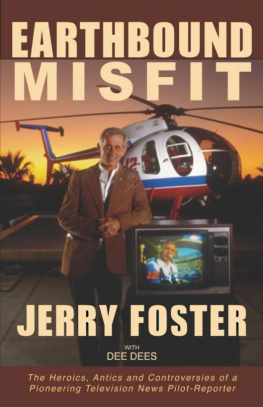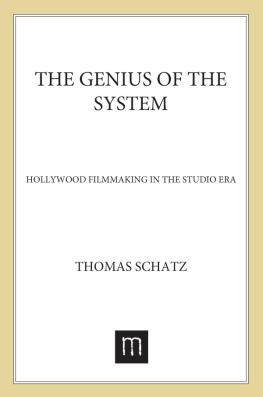inthesameseries
PROJECTIONS 1
John Boorman fires the starting-gun for the series; includes interviews with Michael Mann, Gus Van Sant by River Phoenix, and Demme on Demme
PROJECTIONS 2
Interviews with George Miller, Willem Dafoe, Jaco Van Dormael, as well as Altman on Altman
PROJECTIONS 3
The diaries of Francis Coppola, interviews with Quentin Tarantino, Chen Kaige, Sally Potter, as well as Kasdan on Kasdan
PROJECTIONS 4
James Tobacks diary, an interview with Gene Kelly, Lindsay Andersons tribute to John Ford, Walter Murch on sound design, and Arthur Penn on Arthur Penn
PROJECTIONS 4
What is your favourite film? Answered by Clint Eastwood, the Coens, Elia Kazan, Mike Leigh, Stephen Frears, Steven Soderbergh, among others
PROJECTIONS 5
Animation issue. Also includes Jamie Lee Curtis and Tony Curtis, Quentin Tarantino and Brian De Palma, and Jimmy Stewarts last interview
PROJECTIONS 6
Pieces by Mike Figgis, Eleanor Coppola, Tom DiCillo, Robert Towne, and interviews with Vittorio Storaro and with Stanley Donen
PROJECTIONS 7
Scorsese issue; also includes Jamie Lee Curtis talking to her mother, Janet Leigh, Willem Dafoe with Frances McDormand, and an interview with Robert Mitchum
PROJECTIONS 8
International critics answer the question: Does film criticism have any value today? Also Chrisopher Doyles diary of his work with Wong Kar-Wai, and interviews with Abbas Kiarostami and Abraham Polonsky
PROJECTIONS 9
The legacy of French cinema from Robert Bresson to Matthieu Kassovitzs LaHaine
Contents
by John Boorman
Introduction,
by Mike Figgis
29 Plenty of Time,
by David Freeman
30 Getting Out of His Head: An Interview with Edward Norton,
by Graham Fuller
John Boorman
We asked Mike Figgis to take over this edition of Projections. Like many a fine film-maker, he struggles to follow his vision in an increasingly hostile and volatile environment. After bruising encounters with Hollywood, he broke free of the system by shooting LeavingLasVegas on Super 16mm in three weeks. Not only a critical success, it was a surprise hit with the public. Despite its minuscule budget, according to the MGM book-keeper it has yet to show a profit, and the man who made it and deferred his life went unrewarded. Much more money was spent on promoting it than making it. But the way it works in Hollywood is that when you make a hit, its the next film that pays you. Desperate to be associated with success, they line up to shower you with money. He took on a script by Joe Eszterhas OneNightStand. Until recently this man was the highest paid, most wooed and successful screenwriter in town. His erotic fantasies made millions, but then came a couple of flops and he was suddenly a pariah, reviled as a purveyor of semi-soft porn. Mike rewrote the script, expunging all traces of the man, but the stigma was such that he had great difficulty in casting it. It was a beautiful movie, subtle and tenderly erotic, yet it never quite succeeded in escaping the stigma of its provenance. Fear of failure is so pervasive and so distorting that it colours all judgements.
What follows is an account of a journey Mike took through the Hollywood labyrinth, a series of conversations with people working in the business. It is a remarkable snapshot of how it works and how it malfunctions.
Mike has since turned away from the system once more and made two low-budget, independent movies TheEndofSexualInnocence and a version of MissJulie, shot in two weeks.
He is a guerrilla fighter, lean and fast, he pillages his pictures and is gone before they can catch up with him. His quickness of eye and his honesty are manifest in these pages. These are despatches from the front.
Mike Figgis
After my first short film, TheHouse, was seen on Channel 4, I received a call from David Puttnam, and all seemed rosy as he commissioned StormyMonday. There followed a year in which he never read the treatment, and in fact I never saw him again until quite recently, when I bumped into him at some film function. Meanwhile I went back to part-time teaching and working in theatre and one day, while retrieving discarded sound tapes from a skip in Soho, I bumped into Nigel Stafford Clarke, the producer of TheHouse, and after a chat he suggested I take the script of StormyMonday to him. He gave me notes, we went ahead with a script and he got funding from Channel 4 and British Screen. This came to about half of the budget and we needed about $750,000 from an American distributor. Which is what took me to Los Angeles for the first time in my life
Hemdale, flushed with their success on films such as Platoon, were picking up cheap British products, and StormyMonday was one of the many that they announced at Cannes in the spring of 1987. Nigel and I set off for New York and Los Angeles to begin casting for the two American parts. We got through New York, but things were tense in LA because we still didnt have anything in writing from Hemdale and it was Nigels job to get a contract. We arrived in LA and went straight to the Beverly Hills Hotel for a meeting with Kate Capshaw (later to become Mrs Steven Spielberg). I wasnt allowed in without a jacket and so I went back to the car to get one. It was green with a yellow lining; a nice enough jacket. As I came back into the lobby, three men who had witnessed the initial refusal of entry laughed and said (in a friendly manner), Is that the best they could do for you? They thought Id been given some reject by the staff. Kate was pretty and charming and talked about the script, as they all talk about any script, and then got into her huge Jeep and drove off.
We checked into the Holiday Inn in Santa Monica, and the next morning I experienced my first earthquake. At breakfast I was writing in my notebook and a very chatty waitress pumped me for information about what I did in the entertainment business. When I said I was a director, she shouted very loudly, Dolores, come here, this mans a director! Dolores, a pretty Hispanic girl, appeared, blushing, from the kitchen, and was made to parade for me. I was even more embarrassed than she was; probably because Id described myself as someone I wanted to be but was not yet.
Being with Nigel was like being with an older brother, although in fact he was younger. But it was he who held the money, and we ate together; and he rented houses. I realize that my best chance is to cross the street and bum a ride with them or at least get to a phone. It takes me another ten minutes to come to terms with the fact that I cannot get across the street; six lanes of fast-moving traffic have defeated me. Eventually I manage to get halfway across. The kids watch me in a detached manner as I look at my watch and begin to panic. There is a lull in the traffic and the road ahead curves out of sight. I run for it. Behind me I hear the roar of approaching traffic. Its been a while since Ive run as fast as this. Cars hoot furiously at me for being in the inside lane, and the handle of a garden implement, leaning over the side of a pick-up, misses my head by inches. I dive into the side of the road amidst the thorns and the dirty ivy, and it occurs to me that I could die here.
A lone taxi approaches and at the last moment I see that it is empty and I jump into the road, waving my arms, and it stops, which strikes me as amazing. As I flop on to the back seat I notice two things: my knees are knocking and my clothes are wet with sweat.

